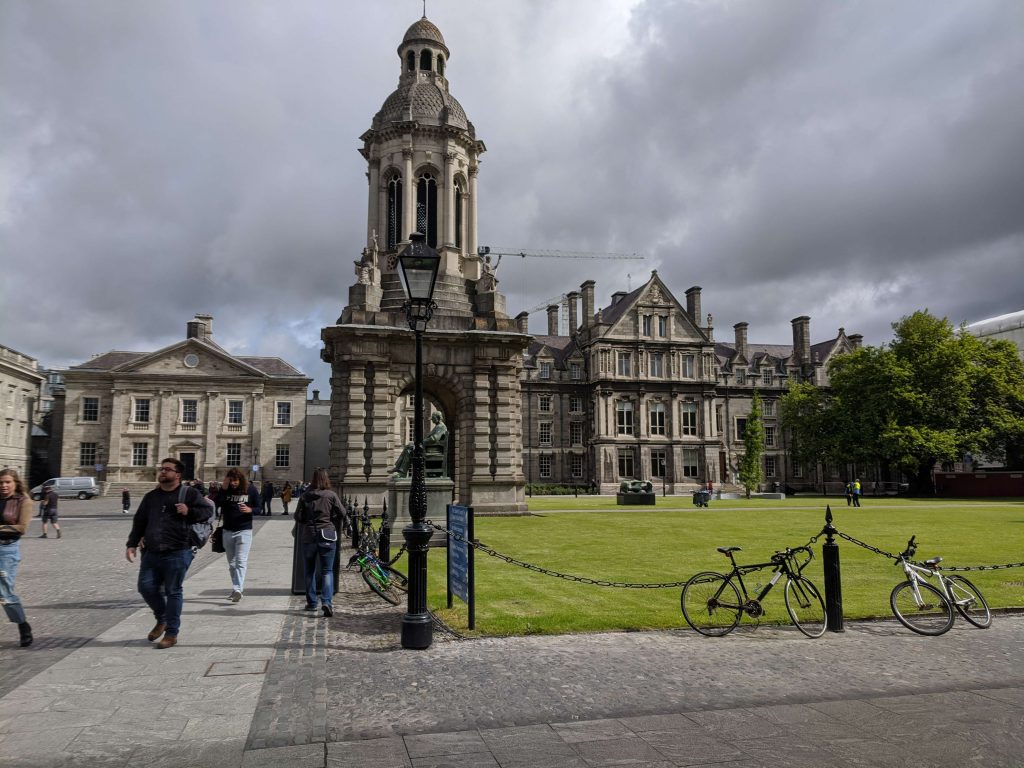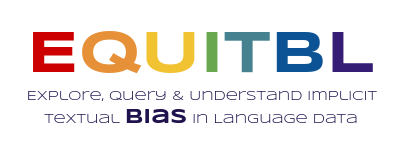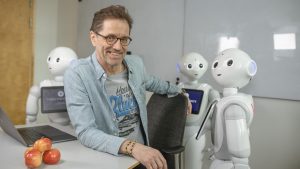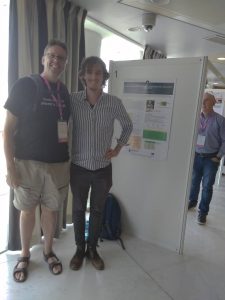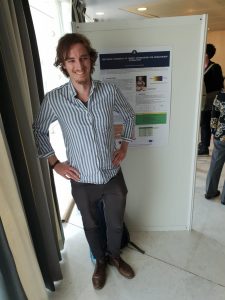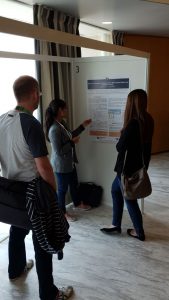ForskarFredag is part of European Researchers’ Night and took place on October 1 this year. However, ForskarFredag is just not about one night: school classes can “borrow a researcher” throughout the entire week (September 26 to October 1). LPCN’s Anna Jonsson took part in this initiative and visited 17 school classes: 4 physically in Umeå and the rest via Zoom.

Together with the school classes, Anna examined different sorting algorithms, saw examples of discriminating technology, and generated images using AI (the results of which are sprinkled across this post). For one of the high school classes, Anna had prepared a mathematical problem, as can be seen on the instagram page of the school.
Continue reading “ForskarFredag 2022”

